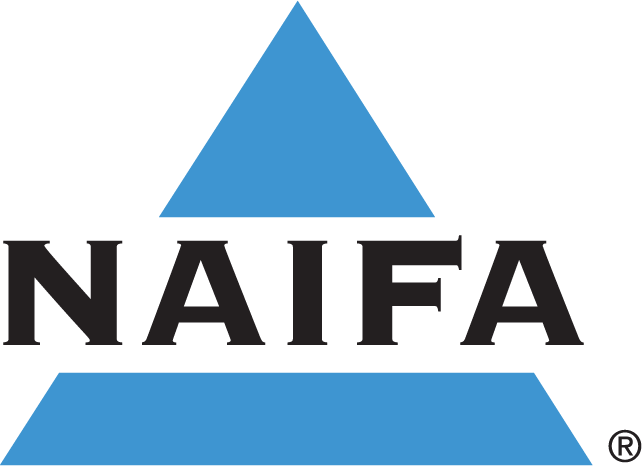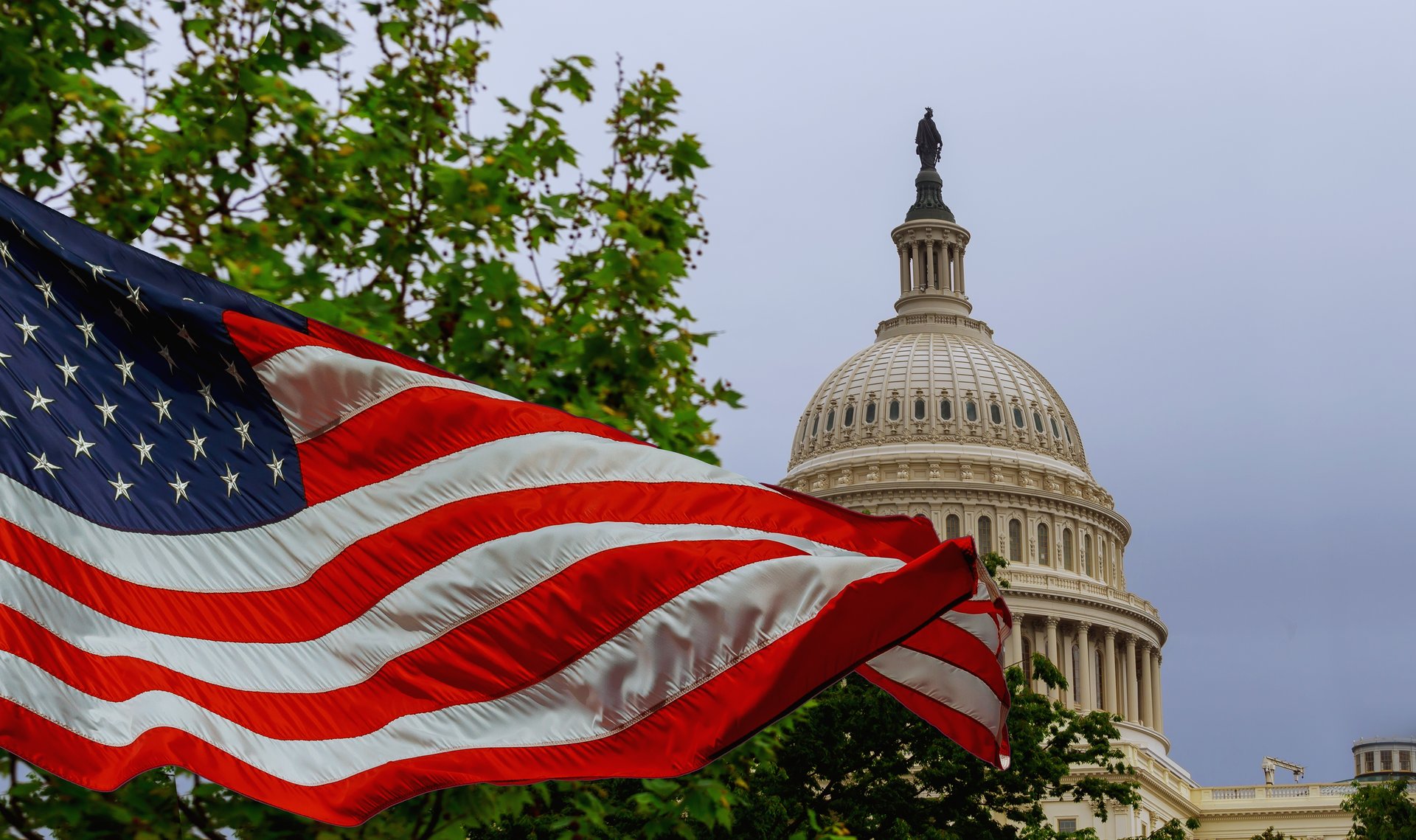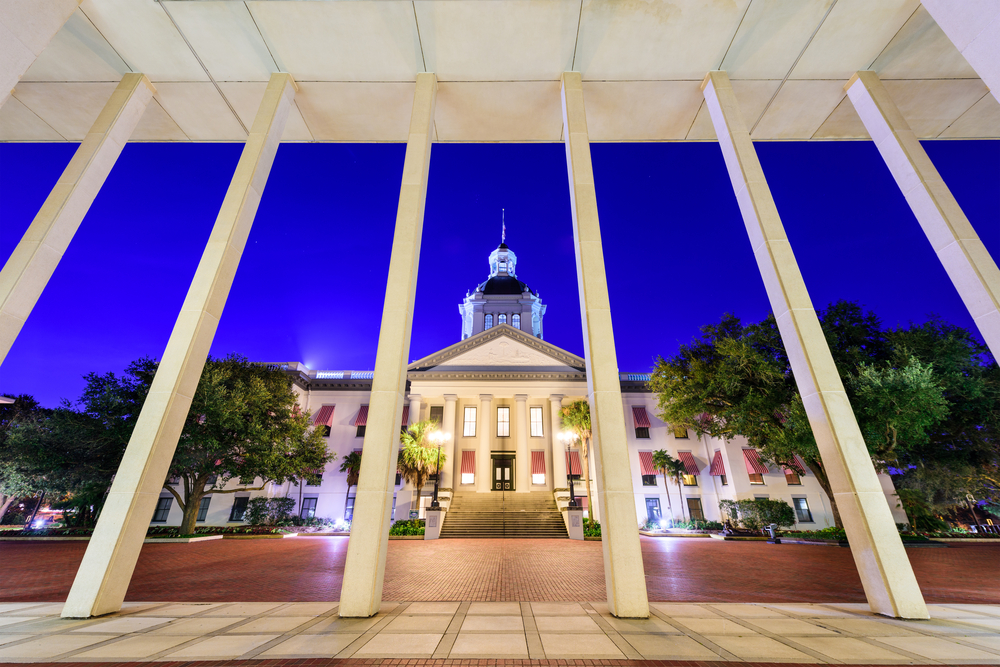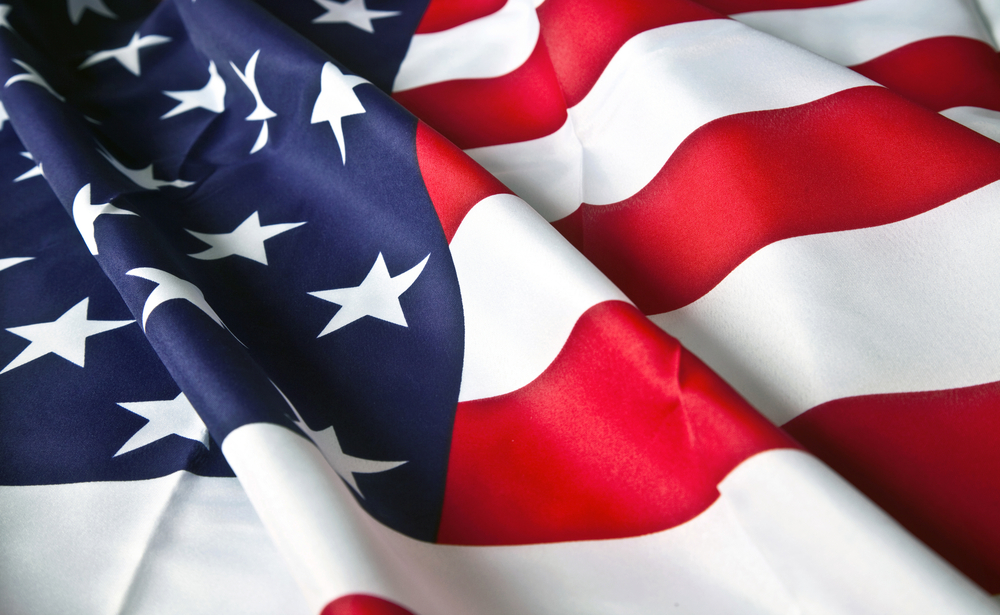NAIFA-FL supports two bills that provide several COVID-19-related liability protections for businesses, educational institutions, government entities, religious organizations, and other entities.
In the House, H.B. 7 was approved by the Civil Justice Subcommittee on January 13 and is awaiting consideration in both the Pandemics and Public Emergencies Committee and the Judiciary Committee.
In the Senate, S.B. 72 will be heard in the Judiciary Committee on January 25.
Under the bills, a covered entity that makes a good faith effort to substantially comply with applicable COVID-19 guidance is immune from civil liability from a COVID-19-related civil action. The bill also provides that for any COVID-19-related civil action against a covered entity, a plaintiff must:
- Plead his or her complaint with particularity.
- Submit, at the time of filing suit, a physician's affidavit confirming the physician's belief that the plaintiff's COVID-19-related injury occurred because of the defendant's conduct.
- Prove, by clear and convincing evidence, that the defendant was at least grossly negligent.
The bill's liability protections would not apply to health care providers, such as a hospitals, nursing homes, assisted living facilities, or other health care-related entities. The bill provides a one-year statute of limitations for COVID-19-related claims. For a plaintiff whose cause of action has already accrued, the one-year period does not begin to run until the bill becomes effective.
As states grapple with different solutions to quell business owners’ fears of COVID-19 legal liability, NAIFA is encouraging lawmakers to pass bills that would enact liability immunity for businesses to protect them from a barrage of civil lawsuits. In at least a dozen states, lawmakers have moved to adopt their own versions of liability shields.
